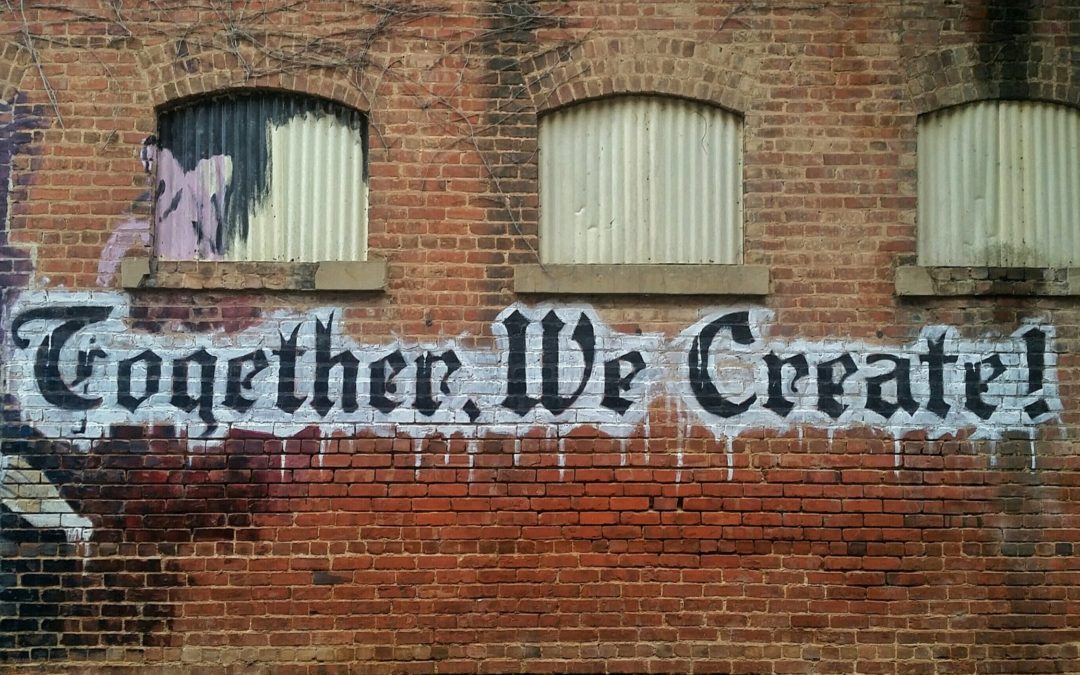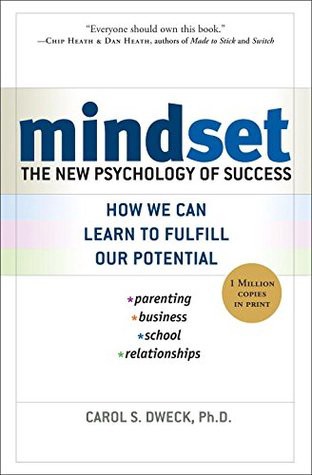
Creative or Reactive: Which One Are You Right Now?
Creative and Reactive
Same letters.
Different order.
Very different results.
These are strange times.
A relentless stream of news and updates are coming at us, warning us about COVID-19, a declining stock market, rising unemployment, and the financial crunch facing millions and millions of individuals and families.
On the other hand, we’re also getting daily notifications from companies about what they’re doing in the face of all of this news, tips for working from home and maintaining our mental health, and encouragement to support our friends, families, neighbors, and strangers in new ways.
Should we be scared or stoic? Isolated or connected? Hoarding or sharing?
Whatever you choose (and it is your choice), I encourage you to also be creative.
I’m not talking about being creative in the capital C way and take up painting, sculpting, composing, or any of the other activities we typically associate with the fine arts.
I’m talking about calmly assessing your situation, clearly acknowledging the constraints that are requiring change, and then exploring the “new normal” you can create.
This is what innovators do and you, yes YOU, are an innovator.
Innovators know that creativity thrives within constraints. If anything is possible and everything is permissible, you can do whatever you want! But that’s not how the world is. Not now and not before COVID-19.
We, people and businesses, have always faced constraints because we’ve never had infinite resources, money, or time. But we acknowledged the constraints and created within them. That’s what we have to do now.
Here’s some inspiration:
Businesses

Devil’s Food Catering: From event caterer to consortium offering takeout meals
Caterers have to order food well before events take place so when events are cancelled, caterers are left with a lot of food that they’ve already paid for and without the event income that was going to cover their costs.
Devil’s Food Catering in Portland OR faced exactly this situation. Instead of letting the food go to waste or trying to become a take-out shop on their own, they created Handbasket by teaming with other with other Portland area restaurants, breweries, distilleries, bakeries, and other providers to create “handmade menus for quality in-home dining experiences during this of social distancing.”

Gyms, Fitness Studios, and Personal Trainers: From in-person to on-line communities
Some people are gifted with the motivation to workout and some of us, well…aren’t.
In-person classes and personal training are often the solutions we rely on because we feel a sense of connection with our instructors, trainers, and classmates. As gyms close and social distancing becomes a way of life, the loss of live workouts can deepen our sense of isolation.
Recognizing this, local gyms, studios, and personal trainers in cities across the country are offering livestream classes so that we can continue to feel connected AND healthy AND active from the comfort of our own homes.
p.s. the link above is for the Boston area but I found similar articles for Philly, Washington, Houston, and even Wyoming

Speakers Who Dare: From Broadway event to Livestream to Movie
Spears Who Dare bills itself as TED meets Broadway, “a groundbreaking speaker series produced like a Broadway show, featuring speakers from around the world who want to ignite change and inspire new ways of thinking.”
Scheduled to take place on March 24, the organizers recognized that, like many other live events, their original plans for a live Broadway event needed to change. Last week, they shifted from live to livestream, planning a 6-camera shoot of each speaker and performer sharing their messages and art in an empty theater.
Then NYC closed the theaters. Within hours the organizers shifted again and asked each speaker to record a “mini-movie” that could be edited together to create “a full-blown Speakers Who Dare Film” to be shared with a global audience, viewing together on the original event date.
People
Seeing your coworkers when you can’t (or don’t want to) videoconference
Homemade games for when you’ve already played all the games you bought
More homemade games for when you really need to interact with people outside your own home
How and what will YOU create today?
Just in case you need a nudge…find the perfect gif starring the perfect celebrity expressing the perfect emotion and send it to someone who needs it
h/t to Kate Dixon and Megan Shea for sending their suggestions
